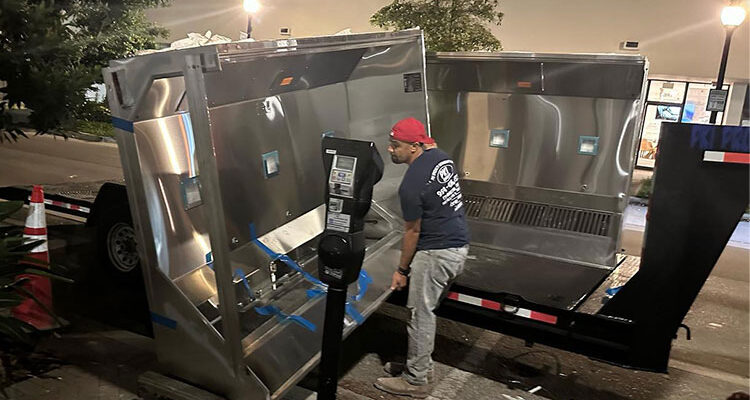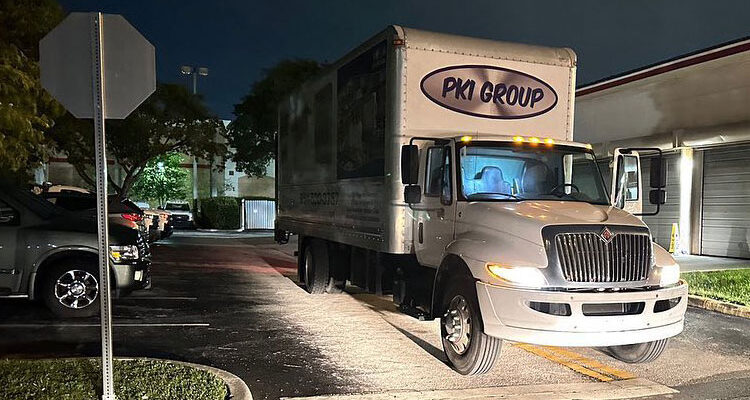In a bustling commercial kitchen, the hood system plays a vital role in maintaining a safe and efficient working environment. However, regular maintenance of your commercial kitchen hood often takes a backseat amidst the fast-paced nature of the foodservice industry. Neglecting proper maintenance can have detrimental consequences, ranging from health and safety hazards to decreased efficiency and increased operational costs. In this blog, we will explore the benefits of maintaining your commercial kitchen hood and why it should be a priority for every food establishment.
Fire Prevention and Safety: One of the primary reasons for maintaining your commercial kitchen hood is to ensure fire prevention and safety. Kitchen hoods are designed to capture and remove grease, smoke, and other airborne contaminants generated during cooking processes. Over time, these substances accumulate within the hood and exhaust system, increasing the risk of a fire hazard. Regular maintenance, including thorough cleaning and inspections, removes grease buildup and ensures that the hood and exhaust system are functioning optimally, reducing the chances of a potentially devastating fire.
Compliance with Health and Safety Regulations: Maintaining your commercial kitchen hood is crucial for compliance with health and safety regulations. Local fire codes and health departments often have strict guidelines regarding the cleanliness and functionality of kitchen hoods. Failure to comply with these regulations can result in fines, penalties, and even temporary closure of your establishment. By adhering to regular maintenance schedules and keeping comprehensive records, you demonstrate your commitment to maintaining a safe and hygienic environment for both employees and customers.
Improved Indoor Air Quality: The proper functioning of your commercial kitchen hood significantly impacts the indoor air quality within your establishment. A well-maintained hood efficiently removes smoke, odors, and harmful fumes, ensuring a cleaner and healthier environment for your staff and patrons. Without regular maintenance, the hood’s effectiveness diminishes, allowing airborne contaminants to linger, leading to poor air quality, unpleasant odors, and potential health issues. By investing in regular maintenance, you prioritize the well-being of everyone within your establishment.
Enhanced Equipment Performance and Efficiency: A properly maintained commercial kitchen hood contributes to improved equipment performance and efficiency. As grease and debris accumulate within the hood and ductwork, it restricts airflow, hindering the hood’s ability to capture contaminants effectively. This decreased airflow not only compromises the air quality but also impacts the performance of other kitchen equipment such as exhaust fans and HVAC systems. Regular maintenance ensures optimal airflow, allowing your equipment to operate efficiently, reducing energy consumption, and prolonging their lifespan.
Cost Savings and Operational Efficiency: Maintaining your commercial kitchen hood leads to long-term cost savings and improved operational efficiency. By proactively addressing maintenance needs, you prevent major issues that could lead to expensive repairs or replacements. Regular cleaning and maintenance also help prevent grease buildup in the exhaust system, reducing the risk of clogs and subsequent downtime. An efficiently functioning kitchen hood system minimizes the strain on HVAC systems, reducing energy costs. Moreover, by complying with maintenance requirements, you avoid costly fines and penalties, ultimately improving your bottom line.
The PKI Group
Maintaining your commercial kitchen hood is not just a matter of compliance; it is a crucial aspect of running a safe, efficient, and successful food establishment. From fire prevention and safety to compliance with regulations, improved air quality, enhanced equipment performance, and cost savings, the benefits of regular maintenance are undeniable. By prioritizing the maintenance of your commercial kitchen hood, you protect your staff, customers, and business while ensuring a clean, healthy, and productive culinary environment.


